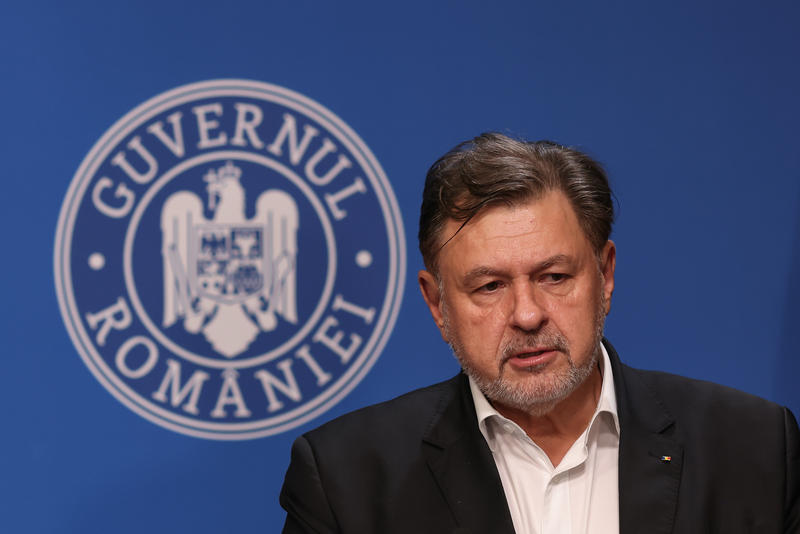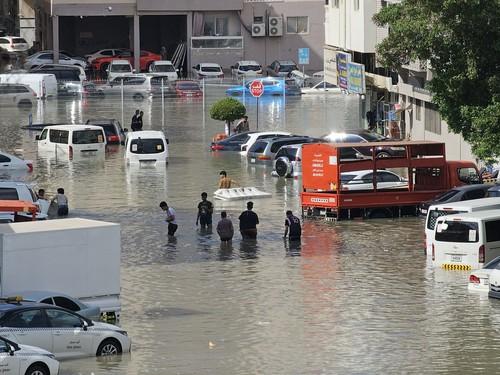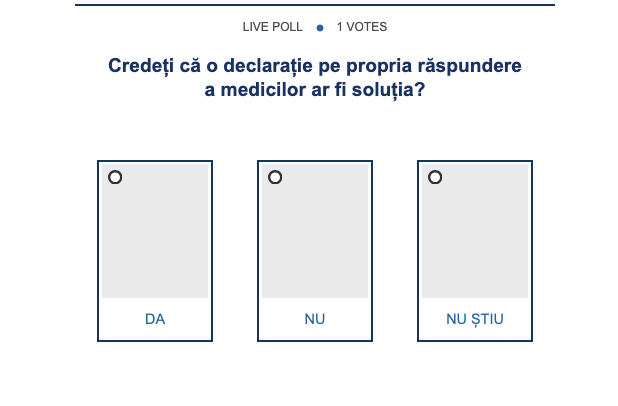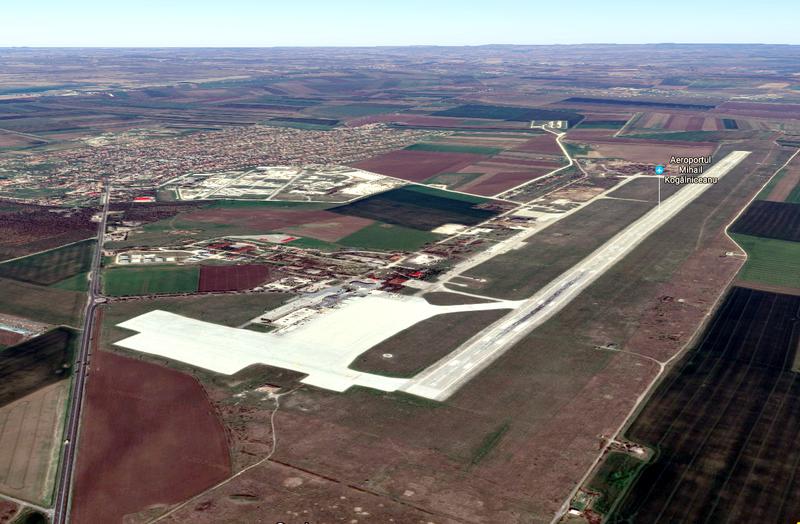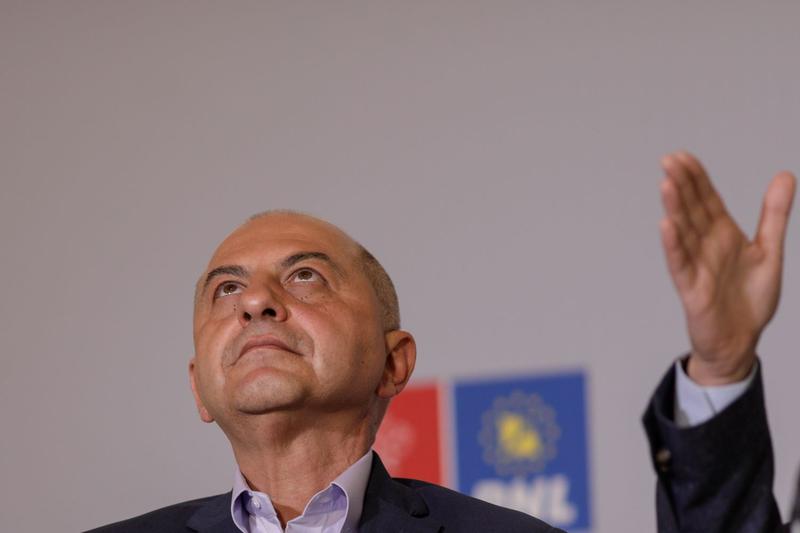In an exclusive interview for HotNews.ro, a London City financial expert discusses the current situation of emerging economies, the S&P ratings and the Central Banks' decisions.
HotNews.ro: Where do you see Romania at this moment, compared to other countries in the Central and Southern Europe, in the midst of the international financial crisis? Recent analysis - such as the ones by Stratfor and Reiffeisen Zentralbank, indicate that the next country to live the same situation as Hungary is Romania. Is really Romania the next one to fall?
Justin Patrie: Don't know if I'd say the absolute next to fall, but if we're talking about emerging economies, including Central Europe, Romania is a high risk country. Certainly, there is the risk Romania will have to turn to IMF and the EU for aid. Romania belongs, alongside with Latvia, Estonia, Bulgaria and Ukraine, as very high risk countries in the emerging Europe context, there is a severe capital shortage on the global market and countries with high degree of financing liabilities on short term - which include Romania - will have to turn to IMF and the EU.
HotNews.ro: Will the S&P rating downgrade to BB+ deepen the crisis for Romania?
Justin Patrie: Yes, it will. A single rating downgrade it's not a problem in itself but, as you say, it moved from investment grade to below investment grade and that is problematic, because a lot of institutional investors, hedge funds, pension funds, have mandate not to invest in below the investment grade instruments. That could include Romanian sovereign instruments being not allowed to be invested in. That will make it more expensive for the Romanian government and Romanian corporates to borrow from the international capital markets and that will (deepen) the problem with the shortage of capital in Romania.
HotNews.ro: The Romanian president said the S&P decision to downgrade Romania was precipitated, arguing that the foreign debt is very low and that the reserves are at their highest level since 1989. Do you agree that S&P made a mistake? Are the two indicators enough to prevent the crisis?
Justin Patrie: I wouldn't blame the ratings agencies. The rating agencies tend to be very backward looking actually, they are looking at what is the dynamics of Romanian macroeconomic situation, the financial market situation and they make the change accordingly. So, they were not trying to preempt anything, they were not trying to determine the market. They have a well established methodology and so the reason for which they downgraded is the situation on the ground in Romania, which is certainly of concern. in regard with what your president was saying in terms of low public debt I think that what happens in this capital crisis in the countries of the emerging Europe is that we can no longer look only to the external public debt in isolation as a measure of a sovran risk. Before we are able to say: Russia has such a low external public debt, it's never going to fall... The problem is that, in a lot of these economies, the banking system is in such problems that people are concerned that governments will have to take on the liabilities of the banking sector or domestic corporates. In other words, governments in Russia, Hungary will be on the hook for the debt obligations of major banks within domestic economy. The public sector low debt is misleading because a lot of people are suggesting that governments will be responsible for a much greater debt. You see in the UK. We've seen the UK government taking on failed banks and their public obligations raise very quickly.
HotNews.ro: Romanian authorities argue that the banking system is not in crisis. Can we avoid the crisis in a situation where 80% of the banks on the Romanian market are foreign banks - Austrian, Greek, Italian and so on? Does this make the banking sector vulnerable?
Justin Patrie: In short, yes. It's funny because a couple of years ago, even 6-8 months ago, it was a completely different analysis. People were saying: their banking system is dominated by well capitalized Western banks and that provides a semblance of stability. But the problem right now with emerging Europe and why the emerging Europe has become a central of the crisis of emerging markets is actually because of that integration of the global capital. The global capital market is the core of the problems in the world right now and the more integrated you are with them, the more likely you are going to be dependent by that markets to sustain shot term liability. A country like Romania, and especially a country like Hungary and Russia as well - we've seen just how vulnerable these economies can be, because they can no longer borrow from the financial market and that include borrowing from pairing companies. So, I’m not very aware of the specific dynamics of the Romanian banking system and its stability, but if we'd have a bank failure of the banks from Romanian market - I know Unicredit has a major present and Unicredit has the risk of instability - this would influence what's going on in Romania as well.
HotNews.ro: The Central Bank used some of its convertible currency reserves to fight off an attack against the Romanian currency, Leu. In case of a massive attack, is Romania - or any of the other emergent economies - at risk?
Justin Patrie: It certainly is a risk. But the fact that Romania has an established floating currency provides some source of support. I'd be much more concerned in Bulgaria and Ukraine. They have a tight currency and these tight currencies are more susceptible to attacks because the Central Bank is much more obligated to defend it and use its foreign reserves to defend it. In Romania, it wouldn't have such a damaging repercussion. The fundamental pressures on the currency are certainly to downside. I don't see a speculative attack destroying the currency as a high risk.
HotNews.ro: The Central Bank tried to maintain the Euro-Leu exchange rate below 4, intervening on the market. Is it a wise decision?
Justin Patrie: I'm not here to recommend policy to the Romanian national bank, I think for the being they probably can let the Romanian currency just floating. I think that's probably the best policy. Because a floating currency allows a lot of essentials in the Romanian economy to be expressed within the exchange rate opposed to other way in the macroeconomic perspective, that would be affected. The classic example is the reserves. Romania need its reserves as a cushion to support the economy in the event of a debt crisis and it probably doesn't need to defend its currency, especially since we've seen some upside recently.


